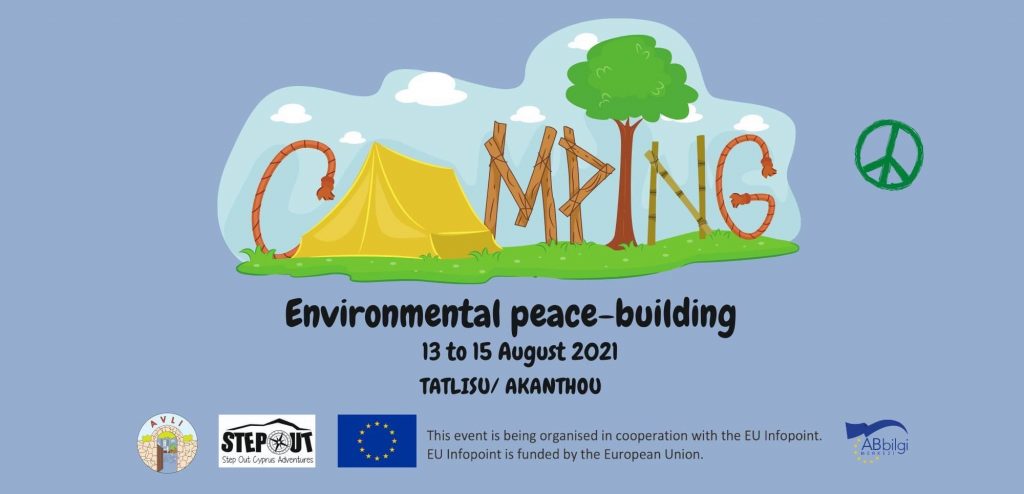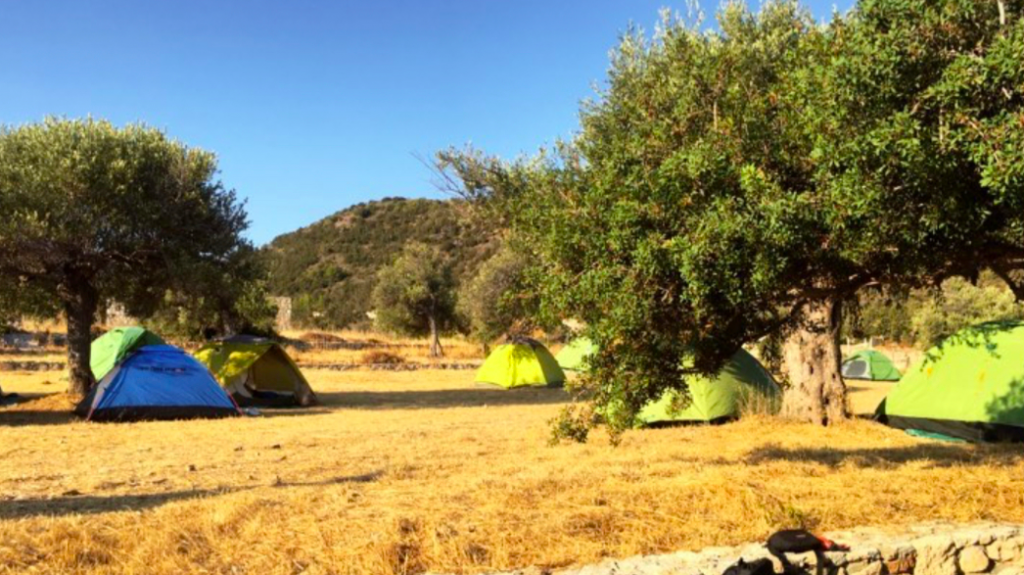Last weekend, thirty young people from different backgrounds in Cyprus attended the first “Avli’s Summer Camp” in the village of Tatlısu, situated on the northern coast of Famagusta district.
During a summer where wildfires have hit both sides of Cyprus, as well as Turkey and Greece, climate change is weighing ever heavier on the consciousnesses of many on the island, particularly young people.
In addition to this, Cyprus’ relative underdevelopment in terms of sustainability means that more and more people are willing to take matters into their own hands and create their own initiatives in order to combat climate change.
Avli is one such initiative. Created in 2020, Avli describes itself as an “online platform dedicated to preparing Cyprus [to] address the most critical issue of our time, climate change”.
Since its creation, it has aligned itself with various groups and initiatives, most notably the “Os Dame”(That’s Enough) protests, which took place earlier this year in South Cyprus against corruption, government authoritarianism, and police brutality.
The European Union InfoPoint in North Nicosia provided funding for thirty young people to attend Avli’s Summer Camp last weekend, and with demand far outstripping that number, many applications to join the camp had to be declined.
The group of those who were accepted, which included Turkish Cypriots, Greek Cypriots, and other nationalities, were taken on a three-day camping trip to the village of Tatlısu (Akanthou in Greek), near the Karpaz panhandle.
The aim of the camp was to promote environmental peace-building – the awareness of how climate change and conflict are interlinked and can perpetuate each other, and at the same time that the climate change emergency also offers an important opportunity for co-operation that benefits all. This idea has been a guiding principle of Avli since its foundation last year.
The attendees were led through the different forms environmental peace-building can take during the weekend, through workshops, open discussions, and outdoor activities at the tranquil campsite. Discussion topics ranged from food waste to wealth inequality, with the organisers and attendees alike sharing their opinions on any and all topics.
The camp was also a great opportunity for friendships to be made across Cyprus’ divide, after contact between the two sides’ populations was greatly reduced following the closure of the Green Line crossings for eighteen months to help contain the coronavirus pandemic. The checkpoints re-opened on 4 June.
Avli hopes that this will be the first of many such camps, enabling the organisation to spread greater awareness of the impact of climate change in Cyprus and around the world, as well as the potential solutions and the need for environmental peace-building.
More information about the group and its work can be found here: avli.org




